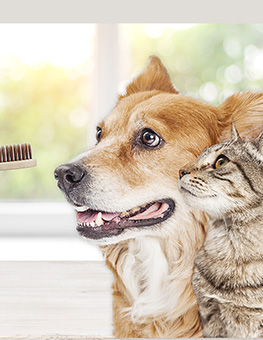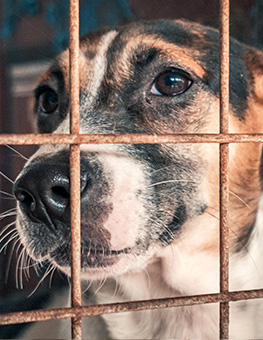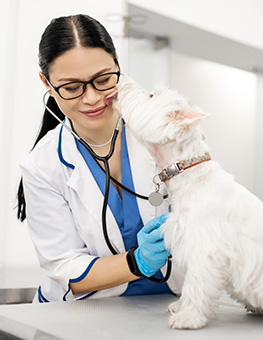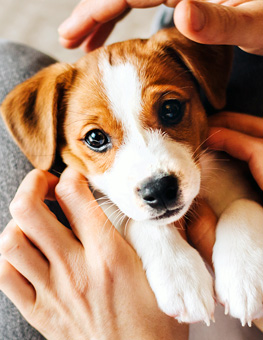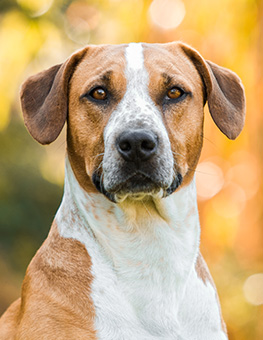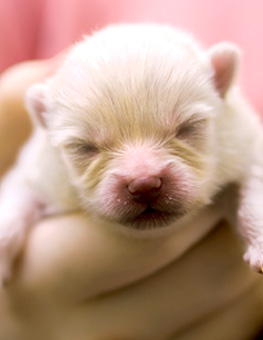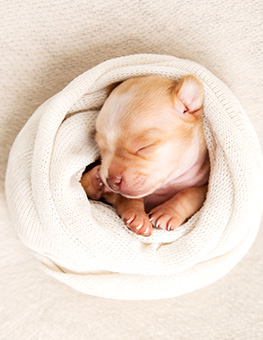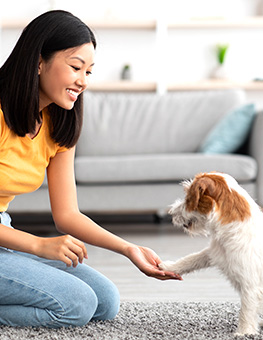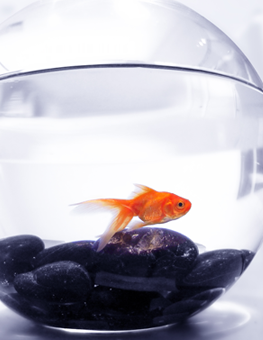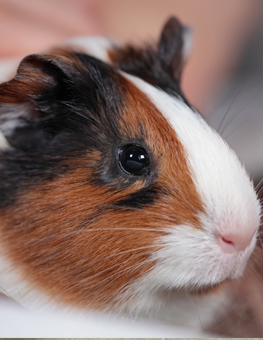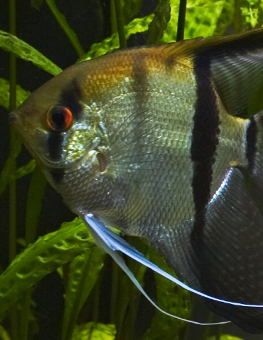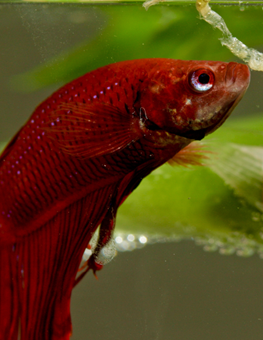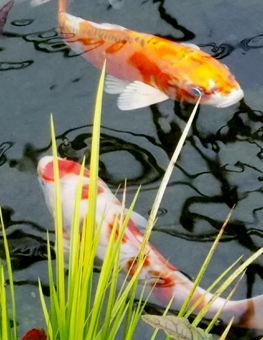Human Foods for Dogs: Which Table Scraps and People Snacks Make Good Dog Treats.
It seems easy to use the same food that you eat as a dog treat, but you shouldn’t give your dog just any human food. Using human foods may be safe occasionally, but can often be toxic to dogs.
When your dog is sitting by the table, staring eagerly up at your dinner, it can be tempting to treat him with some of your scraps. Likewise, when you run out of dog treats, it is easy to simply give him one of your snacks.
Feeding human foods to your dogs is usually unhealthy and can sometimes pose health risks or even be toxic to dogs. It’s important to know which foods make for decent dog treats and which could lead to a trip to the veterinarian. Here’s a short guide on using human foods for dogs.
- Cheese: While cheese and other dairy products are not poisonous to dogs (unless they’re moldy, that is), they are difficult for dogs to digest. This is because dogs do not possess large amounts of lactase, which helps break down dairy. For this reason, feeding your dog cheese or other dairy can cause diarrhea and other digestive issues. It should be avoided as a dog snack.
- Peanut Butter: This is a very popular treat for dogs, and in most cases will not be dangerous for your pet. Like humans, though, some dogs are allergic to peanut butter, and you should take your pet to a veterinarian if you see signs of this including irritated skin, hair loss, or ear infections. Also, while peanut butter is a good source of protein, it is high in fat and calories. For this reason, you should only use it as an infrequent snack and when you do, make sure to use the least processed, most natural peanut butters available.
- Eggs: Like humans, dogs should avoid raw eggs, as they can cause hair and skin problems and they can pose a salmonella threat. Hard boiled eggs are fine as an occasional treat, though, as long as your dog doesn’t show any adverse reaction to them.
- Vegetables: While many vegetables are perfectly acceptable in a dog’s diet, this is not true for all of them. In large amounts, onions, garlic, and chives can cause intestinal and red blood cell problems. Rhubarb leaves and mushrooms should also be avoided. Some acceptable vegetables to use as snacks are green beans, carrots, zucchini, and cucumber.
- Fruits: Many fruits pose health problems for dogs. Grapes (including raisins as well as currants), avocados, persimmons, and many citrus fruits can be toxic to dogs and should be avoided. The symptoms of ingesting these fruits range from an upset stomach to death. Some fruits are safe, though. Sliced apples, as long as there are no seeds, are one fruit that can be used as a snack.
- Other Human Foods to Avoid: Many other household foods can be poisonous to dogs. Chocolate is a well known food for dogs to avoid, as it can cause many health problems, along with coffee and anything else that contains caffeine. Macadamia nuts are also extremely dangerous for dogs. Finally, uncooked bread dough, yeast, and raw meat can cause stomach problems for your dog.
- Acceptable Dog Treats: Some of the snacks mentioned above, as well as some other snacks, such as unsalted pretzels or almonds, bananas and cooked, low-fat meats, can be good dog treats. Remember to use them sparingly, though, as too many human treats can be an unhealthy diet.



